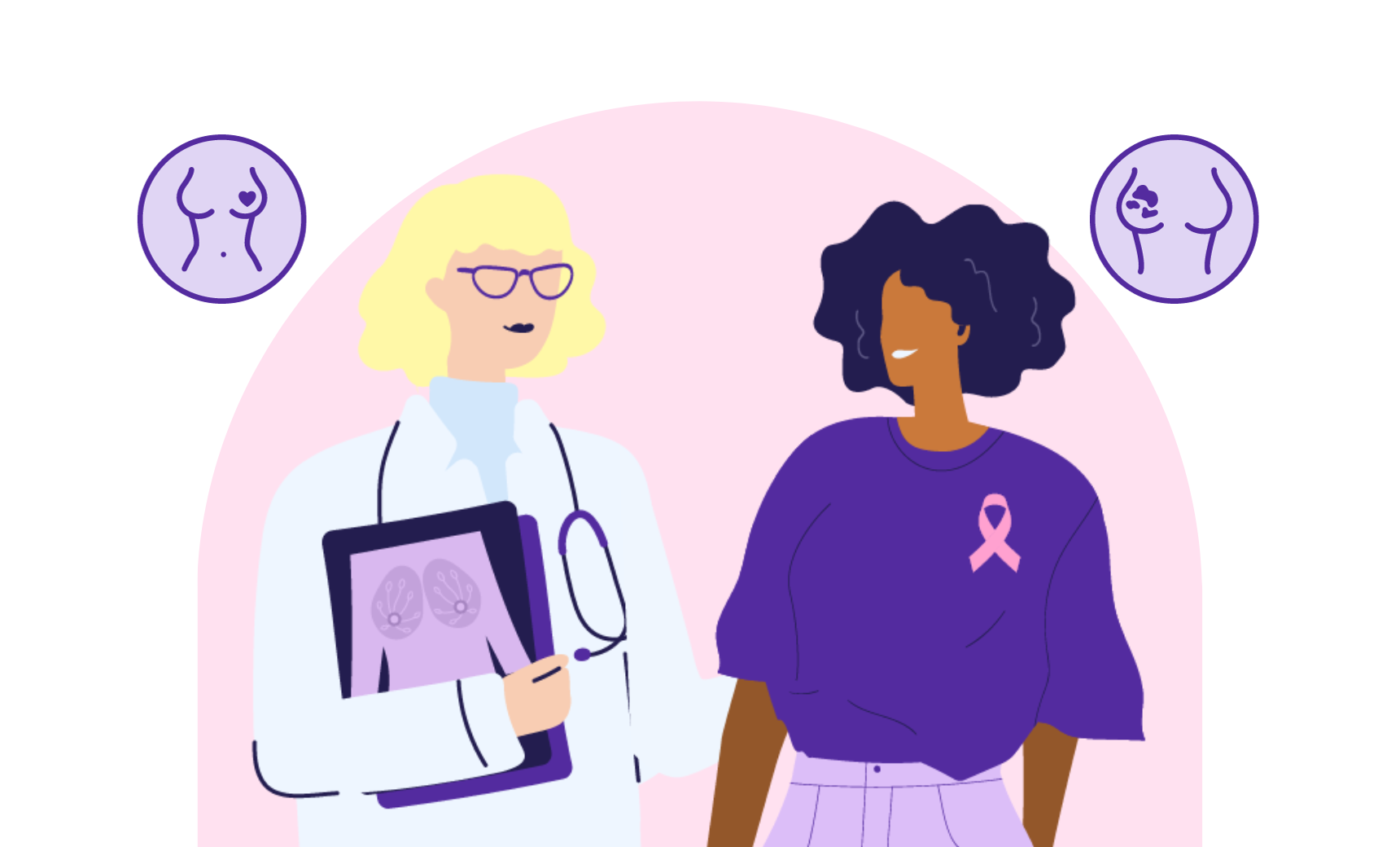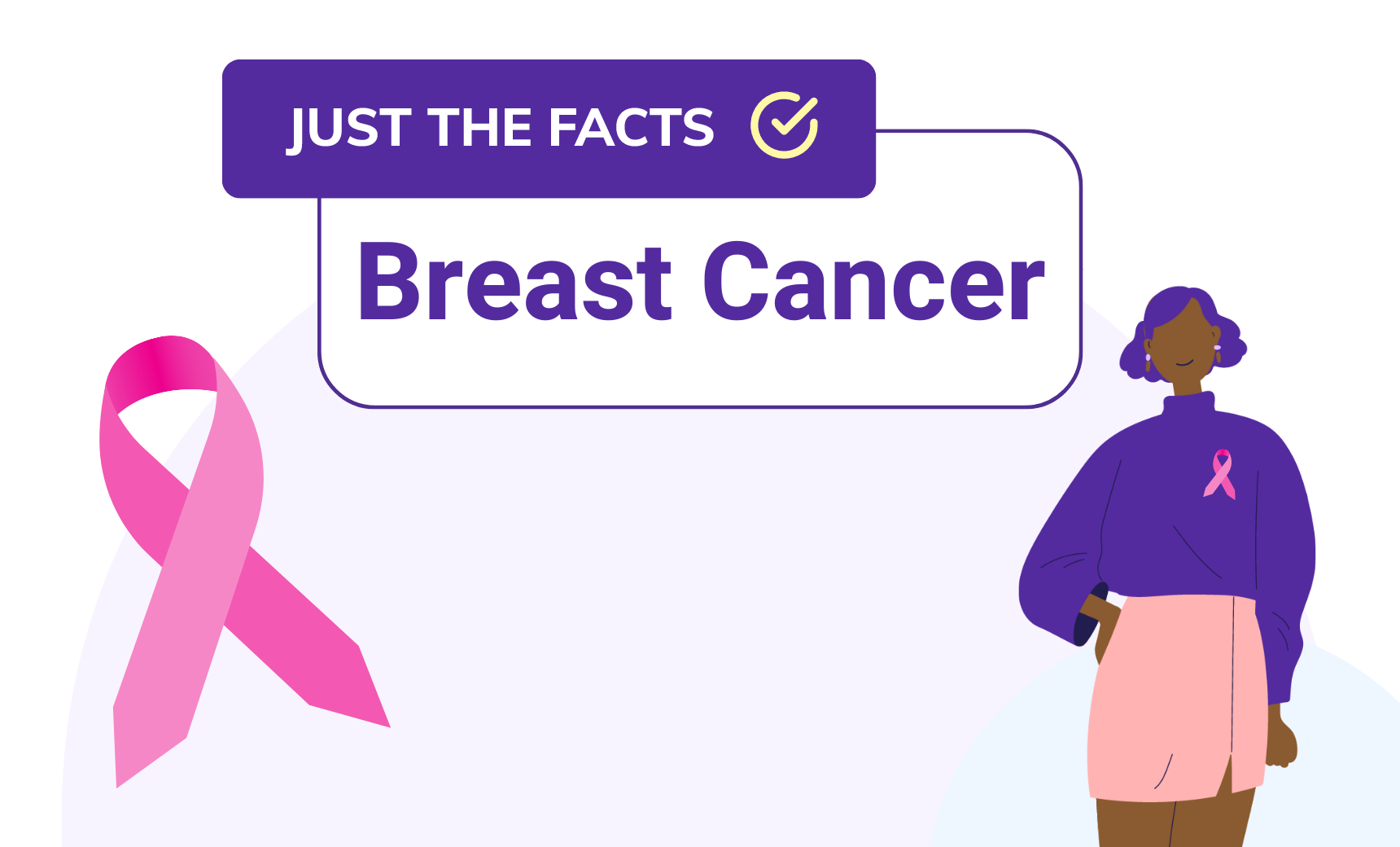
How Does COVID-19 Affect Your Heart?
Most discussion about harmful effects of the COVID-19 coronavirus has revolved around the damage it can do to your lungs, but research has indicated that the virus can also cause potentially dangerous swelling and muscle weakness of the heart. It was observed very early on in the COVID pandemic that severe cases of the virus were far more likely in people with cardiovascular disease, and CVD remains a major comorbidity associated with worse outcomes from the coronavirus.
Though the novel coronavirus mostly affects the lungs, it can directly attack other organs as well
COVID-19 is primarily a respiratory infection, but it may also invade other organs as it circulates in the bloodstream. If the virus directly affects the heart (myocarditis) it can cause chest pain, abnormal heart rhythms, and heart failure. Infection of the heart lining (pericarditis) can also cause chest pain and abnormal heart rhythms.
Immune response to a severe COVID-19 infection may cause damage to the heart
Some patients who are very sick with the novel coronavirus have had an immune overreaction which causes a potentially dangerous level of inflammation. This may result in organ damage, especially to the heart and liver.
People with a history of cardiac problems are at a higher risk of heart complications from COVID-19
As is also true of the influenza virus, COVID-19 has a higher likelihood of causing severe cardiovascular damage among patients who have a pre-existing cardiac issue such as:
Heart disease
High blood pressure (hypertension)
Stroke
Diabetes
Obesity
COVID-19 may also cause problems to emerge for patients who have undiagnosed heart disease. Fever and inflammation can exacerbate blockages in the heart or bloodstream which had previously not shown any symptoms. The same factors may also cause the formation of clots in the bloodstream. These can lead to deep venous clots, clots in the lungs, and strain on the right side of the heart.
Infection of the lungs can indirectly cause heart damage even in patients without a history of cardiac issues
Even when the heart is not directly infected, fever and inflammation can cause an increase in heart rate, spiking the need for oxygenated blood. At the same time, an infection of the lungs can impair the respiratory system’s capacity to process oxygen. This increased demand and decreased supply can starve the heart of oxygen, potentially resulting in heart attack-like damage (myocardial infarction type 2).
Preventing Cardiac Complications from COVID-19
Everyone should be taking the universal precautions of social distancing, hand washing, mask wearing, and continuing to take any necessary medications. If you are currently on heart medication, it’s important to make sure you have enough for at least the next 30 days.
However, if you have been diagnosed with the novel coronavirus and have one or more conditions that leave your heart more vulnerable, there are preventative measures you can take to reduce your risk of harmful complications.
COVID-19 and Low Blood Pressure
For patients with low blood pressure, it is important to keep up with your ins and outs. Fevers can often dehydrate you by causing you to sweat and reducing your appetite. If you have low blood pressure, you have to make sure you are eating and drinking enough to offset the effects of the fever and infection. If this cannot be accomplished at home you should go to the hospital for further treatment.
COVID-19 and Hypertension (High Blood Pressure)
Depending on the seriousness of a COVID-19 infection, a patient may be asked to temporarily cease taking certain blood pressure medications until the infection has abated. If you have high blood pressure and have tested positive for the coronavirus, the best thing to do is to inform your cardiologist or primary care physician and work out a personal treatment plan.
COVID-19 and Pulmonary Artery Disease (PAD)
People with PAD should take the same precautions as people with cardiovascular disease. If diagnosed with the COVID-19 virus, people with PAD should continue taking their medications, especially their statins. They should schedule a visit with their cardiologist to review their medications and make any changes in treatment that may be necessary during the infection.
COVID-19 and Atrial Fibrillation
All infections increase the incidence and occurrence of atrial fibrillation. A virus such as COVID-19 increases inflammation and increases production of certain immune proteins and hormones that can cause the heart to beat faster and harder. This effect is normally beneficial, as a faster beating heart circulates more blood to aid in fighting the infection. However, it may be dangerous if you have a history of a-fib.
How can I assess my cardiovascular health risk?
Labfinder offers scheduling for two different tests that may help determine whether you are at unusually high health risk due to cardiac issues.
Cardiac Risk Blood Test Panel: A cardiac risk blood test panel is a series of tests including complete blood count and chemistry panel. This is performed in order to identify risk factors associated with heart disease and rule out other potential issues such as arrhythmia.
Heart Ultrasound: This test, also known as an echocardiogram, uses soundwaves to image the structures of the heart such as muscles and blood vessels. This test can be used to view the sections of the heart and determine whether the heart is functioning properly.
What to do if you’re worried about COVID-19
Observing social distancing and quarantine guidelines, regularly washing your hands with soap and water, and wearing a mask in public settings should dramatically reduce your chances of contracting the coronavirus. However, even while staying at home, there are additional precautions you can take to make sure that any infection that does occur is identified and treated as quickly as possible. Check your temperature daily and get a pulse oximeter to check your body’s oxygen levels.
While people with pre-existing cardiac conditions are at the highest risk of heart damage from the novel coronavirus, a possible infection should be taken seriously regardless of medical history. If you believe that you or someone you know may be infected with COVID-19, don’t hesitate to schedule an appointment to get tested.




Brian Tidal
The LabFinder Editorial Team is behind The Illuminator and The Insider, LabFinder’s consumer and business blogs.
Dr.Robert Segal
Dr. Segal is CEO and co-founder of LabFinder, as well as a board-certified cardiologist. He began practicing medicine in 2002 and has founded several businesses, including Medical Offices of Manhattan and Manhattan Cardiology.